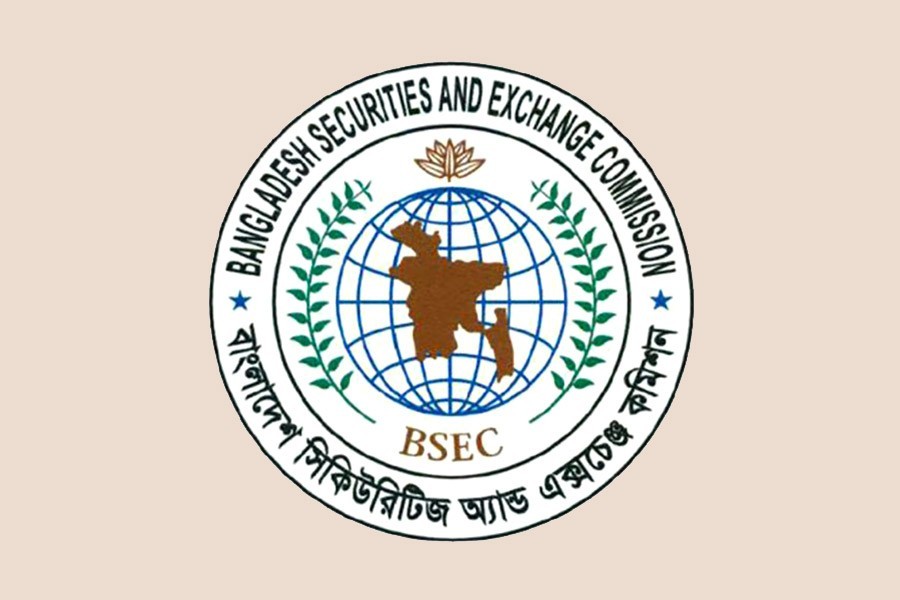The securities regulator is likely to approve the IPO (initial public offering) proposal of the country's second largest mobile operator Robi Axiata streamlining its demands in line with the existing rules.
Robi has urged the securities regulator and the government to fulfill a set of demands including an exemption from public issue rules so that the company can issue shares to its employees after listing with stock exchanges.
"Some facilities should be offered to Robi. But it's also true that the company's demands are too many in the context of rules and regulations," said a senior official of the Bangladesh Securities and Exchange Commission (BSEC).
He said the securities regulator is trying to enhance the depth of the capital market through the listing of large companies and other ones having good fundamentals.
"Robi can choose the book building method if it is not allowed to avail some facilities. In that case, the general investors will be deprived," the BSEC official said.
He said the demands of Robi may be streamlined in a bid to find out a rational way of approving its IPO proposal for the sake of issuer and the general investors.
Under the book building method a company goes public with premium while a company is listed at the value of Tk 10 under the fixed price method.
Robi Axiata has submitted its IPO proposal to float 10 per cent or 523.8 million shares under the fixed price method.
Of 523.8 million shares, 387.7 million shares will be issued through IPO, according to the company's IPO proposal.
The company wants to issue remaining 136.1 million shares to employees under the Employee Share Purchase Plan (ESPP) at an offer price Tk 10 each.
That's why Robi has sought an exemption from the public issue rules so that it can issue shares to employees after getting the regulatory approval to the IPO proposal.
By issuing shares to employees at an offer price of Tk 10 each, the company already received above Tk 1.36 billion as share money deposit.
Besides, Robi earlier announced two conditions set by its parent company Malaysia-based Axiata Group.
The company made the condition of reducing the turnover tax to 0.75 per cent from 2.0 per cent along with reducing the corporate tax rate to 35 per cent for 10 years.
Asked, another senior official of the securities regulator said most of the companies having good fundamentals are not interested to go public.
"We will have to enhance the depth of the market with the companies willing to go public. In that case, we are maintaining cautious policy for the interest of market and general investors," the BSEC official.
He said the securities regulator is scrutinising the Robi's IPO proposal and demands intensively.
"We will not do anything that will be harmful for the market and general investors. We are trying to approval the company's IPO proposal taking into account the interest of general investors, the capital and the issuer company as well," the BSEC official said.
In its financial statement, Robi has showed its employees deposit worth Tk 1.36 billion as 'current liability'.
The Financial Reporting Council (FRC) earlier issued a notification to contain the misuse of share money deposit.
The FRC's notification said many companies initially mentioned the investors' funds as 'share money deposit' but later the funds were termed as the shareholders' equity.
"..the companies showed higher earnings per share (EPS) without taking into account the share money deposit," the notification said.
It said the share money deposit is not refundable and will have to be turned into share capital within six month of receiving the funds.
The securities regulator has sought a clarification from the FRC to be sure whether the share money deposit of Robi breaches any accounting standard.
In its clarification, the FRC said its notification regarding share money deposit is not applicable to the 'current liability' balance reported by Robi Axiata in its financial statement.
The deposit against the ESPP is reported in the Robi audited accounts as a 'current liability' and not a as part of equity.
The company said the deposited money will be fully refunded to the employees with interest it earned if the IPO proposal is not approved.


